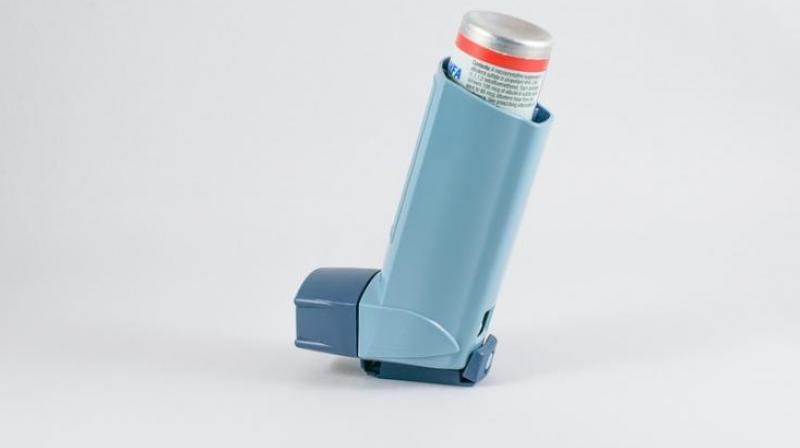World Asthma Day: Achieving good asthma control
Even though inhalers are the mainstay of treatment, it is very challenging to achieve good asthma control.

Asthma exhibits symptoms such as wheezing, shortness of breath, chest tightness and cough that vary over time in their occurrence, frequency and intensity. There are many diseases which cause breathlessness such as COPD, interstitial lung disease and various heart diseases but there are certain symptoms which will help you decide if you are suffering from asthma.
The main differentiating feature of asthma is symptom-free interval (unless it has progressed to chronic persistent asthma) and association of specific triggering factor. Identifying these triggering factors is of utmost importance; otherwise the patient will progress to chronic persistent asthma which is very difficult to treat.
It is equally important to identify the different varieties/phenotypes of bronchial asthma. In the past, bronchial asthma used to be associated with a strong family history. However, in modern times, it is being diagnosed in children and adults randomly without a family history. One of the attributable factors for this is a history of antibiotic abuse in childhood which may predispose the individual to develop an allergic immune response.
Diagnosis and management of bronchial asthma have advanced a long way from merely diagnosing it from clinical symptoms, spirometry and prescribing inhalers to identifying the specific phenotype triggering factors and offering targeted therapy thereby reducing the medication-related (especially oral corticosteroids) side effects.
Ideally, diagnosis of bronchial asthma would require spending at least 20 to 30 minutes with a patient collecting a very detailed history to identify all the possible triggering factors, ruling out other differential diagnosis as well as to confirm the diagnosis. Various blood test/skin prick test are available to diagnose the cause/specific allergen responsible for asthma and prescribe a targeted treatment.
Even though inhalers are the mainstay of treatment, it is very challenging to achieve good asthma control. Without identifying the asthma phenotypes, specific allergen and treating the co-morbidities associated with bronchial asthma, it is impossible to achieve good asthma control and would ultimately result in the patient progressing to chronic persistent asthma and developing medication-related side effects.
The patient may also stay away from air pollution and tobacco.
(Dr Rahul Antony Simon is a consultant and interventional pulmonologist, VPS Lakeshore Hospital, Kochi)

